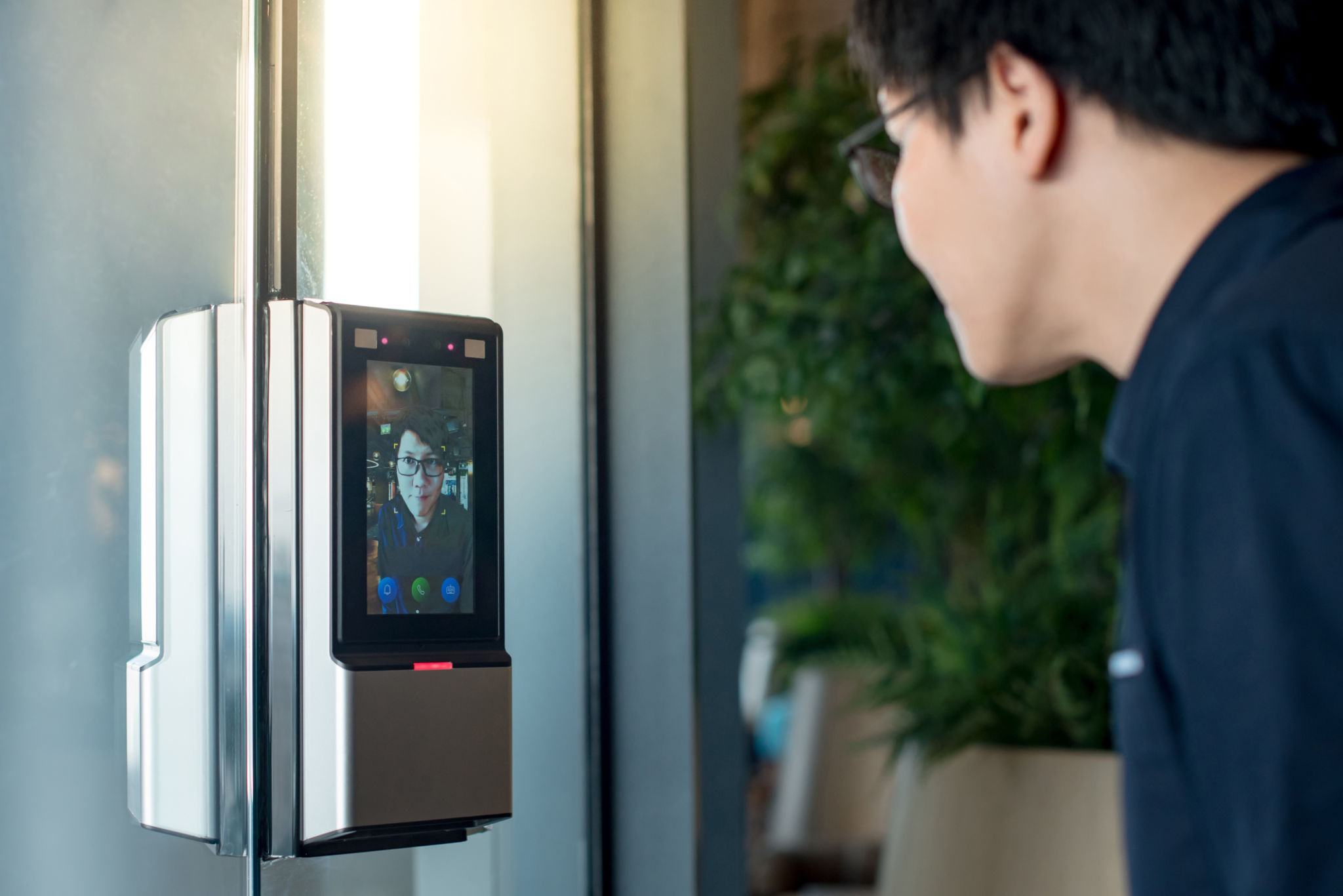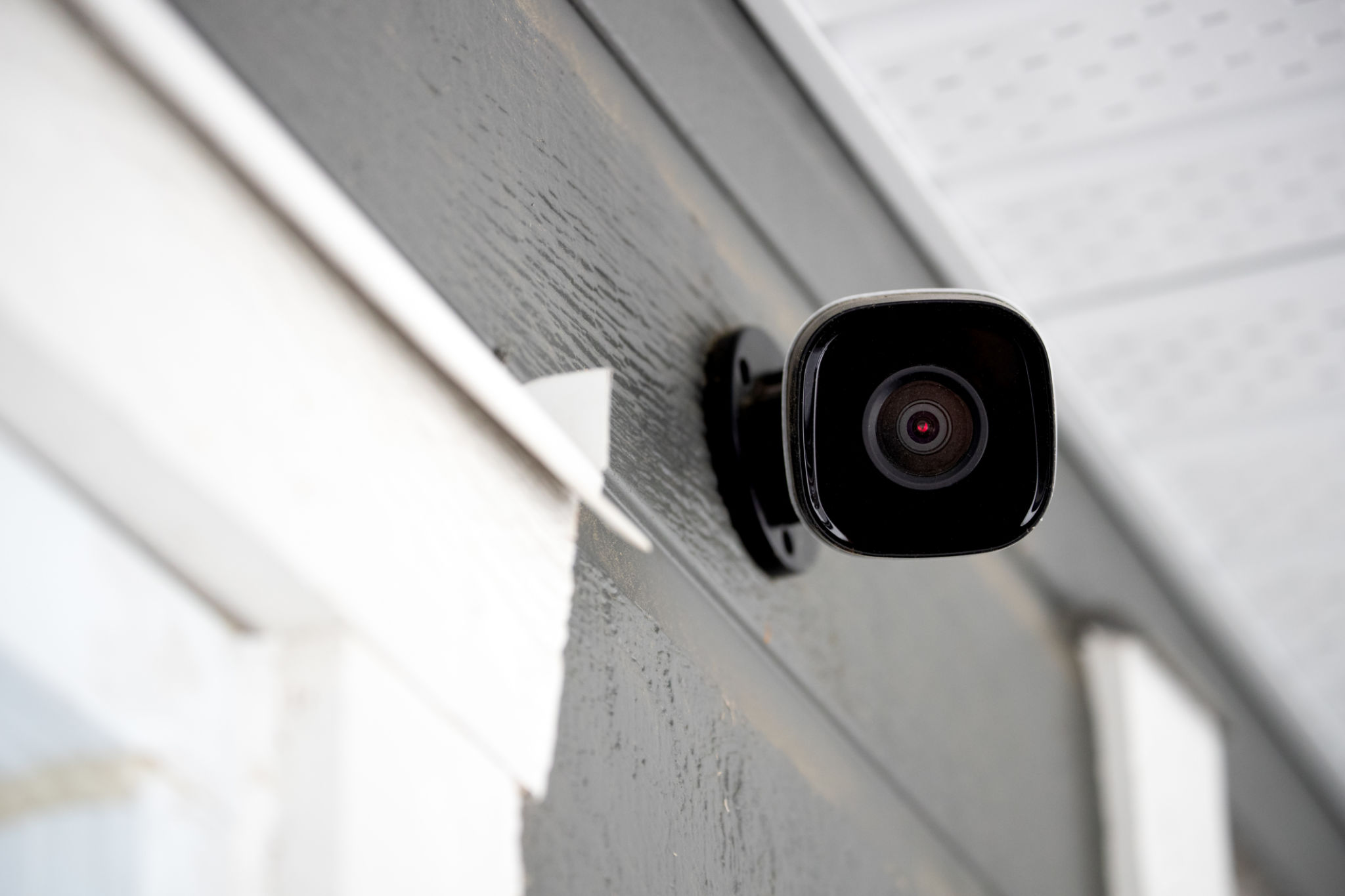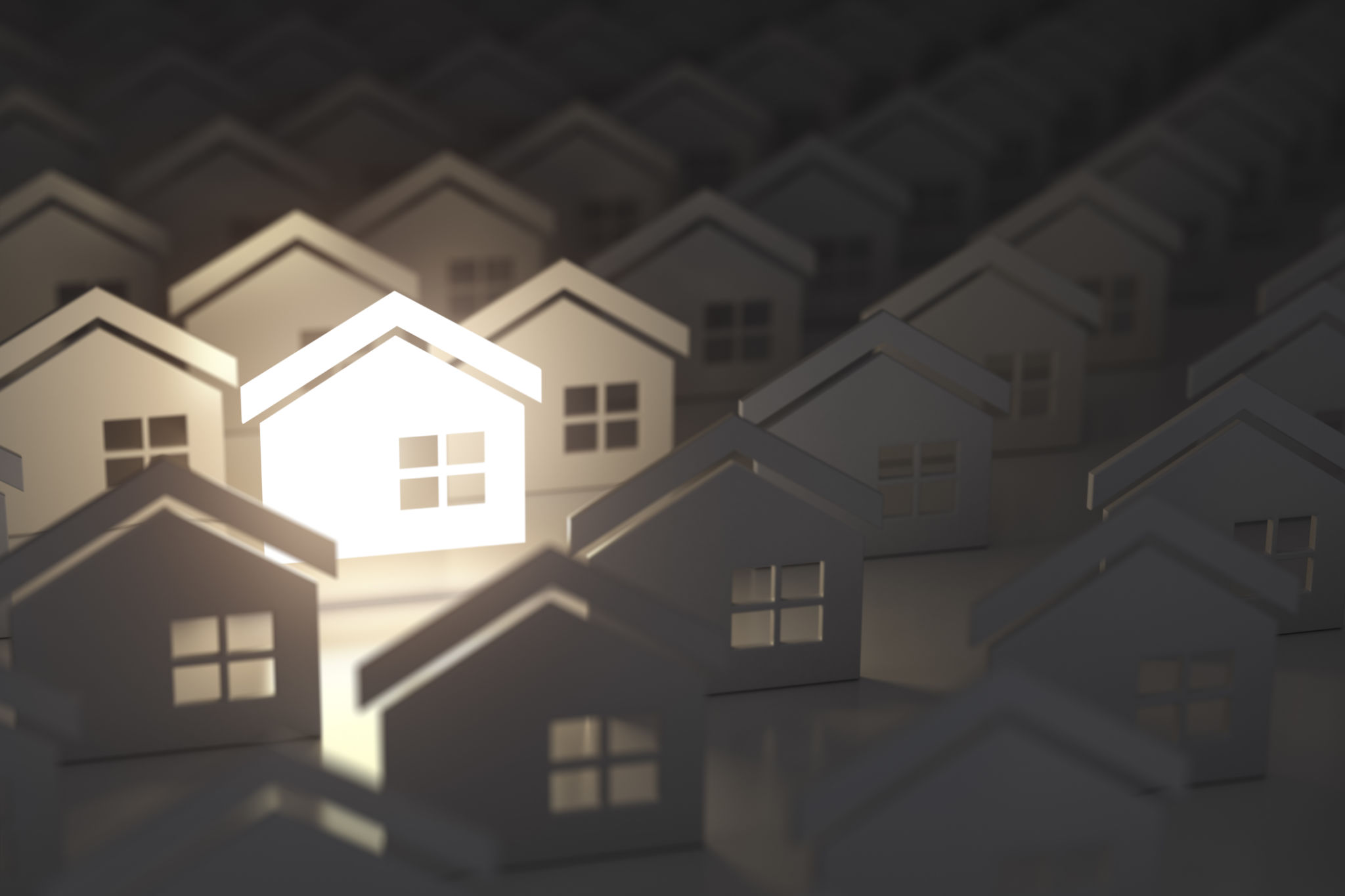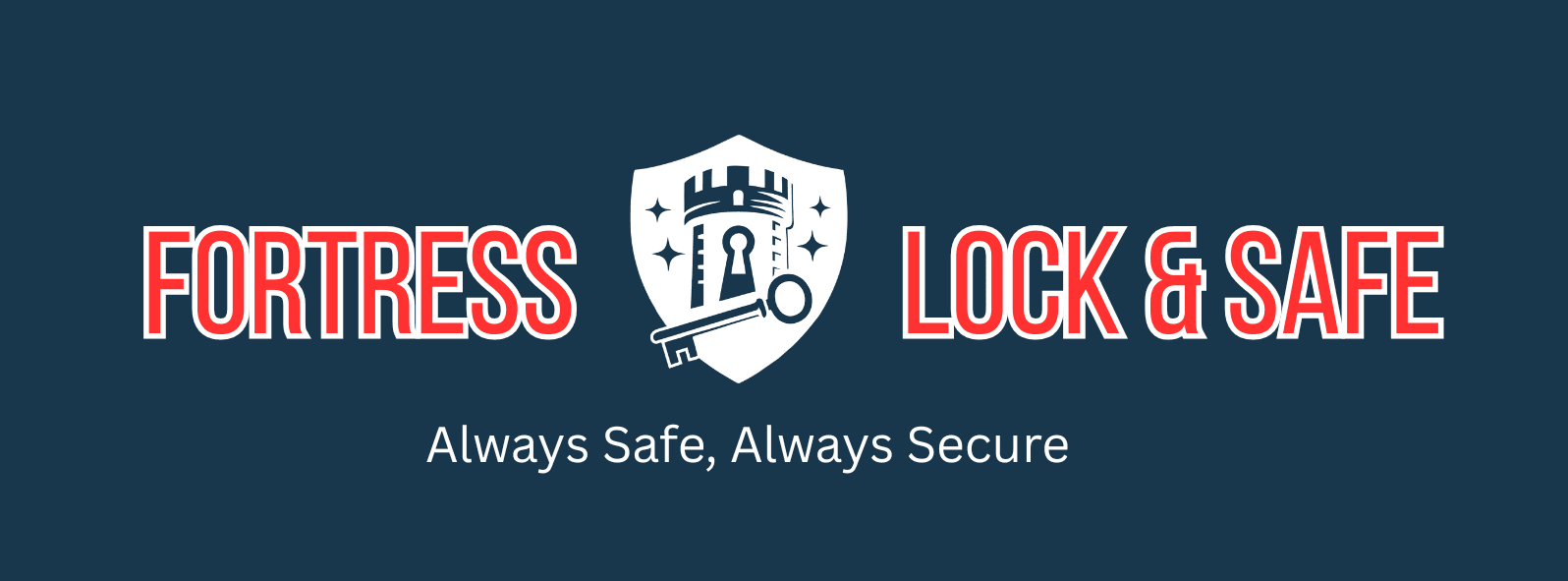Comparing Traditional vs. Smart Locks: Which Is Right for You?
Understanding the Basics of Traditional Locks
Traditional locks have been the cornerstone of home security for centuries. These locks typically consist of mechanical parts such as pins and tumblers that require a physical key to operate. They are widely used due to their simplicity and reliability. The most common types of traditional locks include deadbolts, padlocks, and knob locks, each serving various security needs.
One of the main advantages of traditional locks is their affordability. They are generally less expensive than smart locks and don't require frequent updates or maintenance. Additionally, traditional locks don’t rely on electronics, which means they are not susceptible to hacking or malfunctions caused by software glitches.

Exploring Smart Locks: A Modern Approach
Smart locks represent the evolution of home security by integrating technology with traditional locking mechanisms. These locks offer the convenience of keyless entry, allowing homeowners to unlock doors using smartphones, keypads, or even biometrics such as fingerprints. Smart locks can also be integrated with other smart home devices, providing a seamless user experience.
The primary benefit of smart locks is their enhanced security features. Many smart locks offer real-time notifications and remote access, enabling homeowners to monitor and control their locks from anywhere in the world. Moreover, smart locks often allow multiple user access codes, making it easier to manage who can enter your home.

Comparing Security Features
When comparing traditional locks and smart locks, security is a crucial factor. Traditional locks are reliable against physical attacks; however, they can be vulnerable to picking or bumping. On the other hand, smart locks offer advanced security features like encryption and two-factor authentication to protect against unauthorized access.
It’s important to note that while smart locks have robust digital security measures, they can still be susceptible to cyber threats if not properly secured. Choosing a smart lock with strong encryption and regular firmware updates can mitigate these risks.

Evaluating Convenience and Accessibility
Convenience is another significant factor to consider when choosing between traditional and smart locks. Traditional locks require a physical key, which can be misplaced or lost, potentially leading to lockouts or the need for replacements. In contrast, smart locks offer keyless entry, eliminating the worry of losing keys.
Accessibility is also enhanced with smart locks through features like remote access and temporary access codes for guests or service providers. This flexibility is especially beneficial for busy homeowners or those managing rental properties.
Considering Cost Implications
The cost is a vital consideration in the decision-making process. While traditional locks are typically less expensive upfront, they may incur costs for lock replacements or rekeying over time. Smart locks have higher initial costs but often include features that can save money in the long run, such as eliminating the need for spare keys or locksmith services.
Additionally, some homeowners find that the added security and convenience of smart locks justify the higher price tag, viewing it as an investment in their home's safety and functionality.

Making the Right Choice for Your Home
Ultimately, the decision between traditional and smart locks depends on your specific needs and preferences. If you prioritize simplicity and cost-effectiveness, traditional locks might be the best choice. However, if you value advanced security features and convenience, investing in a smart lock could be worthwhile.
Consider factors such as your budget, lifestyle, and security requirements when making your decision. Both types of locks have their merits and can effectively secure your home when used appropriately.

Conclusion: Balancing Security and Convenience
The choice between traditional and smart locks involves weighing the benefits of time-tested reliability against modern convenience. Both options offer unique advantages tailored to different needs and preferences. By assessing your priorities and understanding the features of each type of lock, you can make an informed decision that enhances your home’s security while providing peace of mind.
Remember, the best lock is one that suits your lifestyle and offers you confidence in your home’s security.
